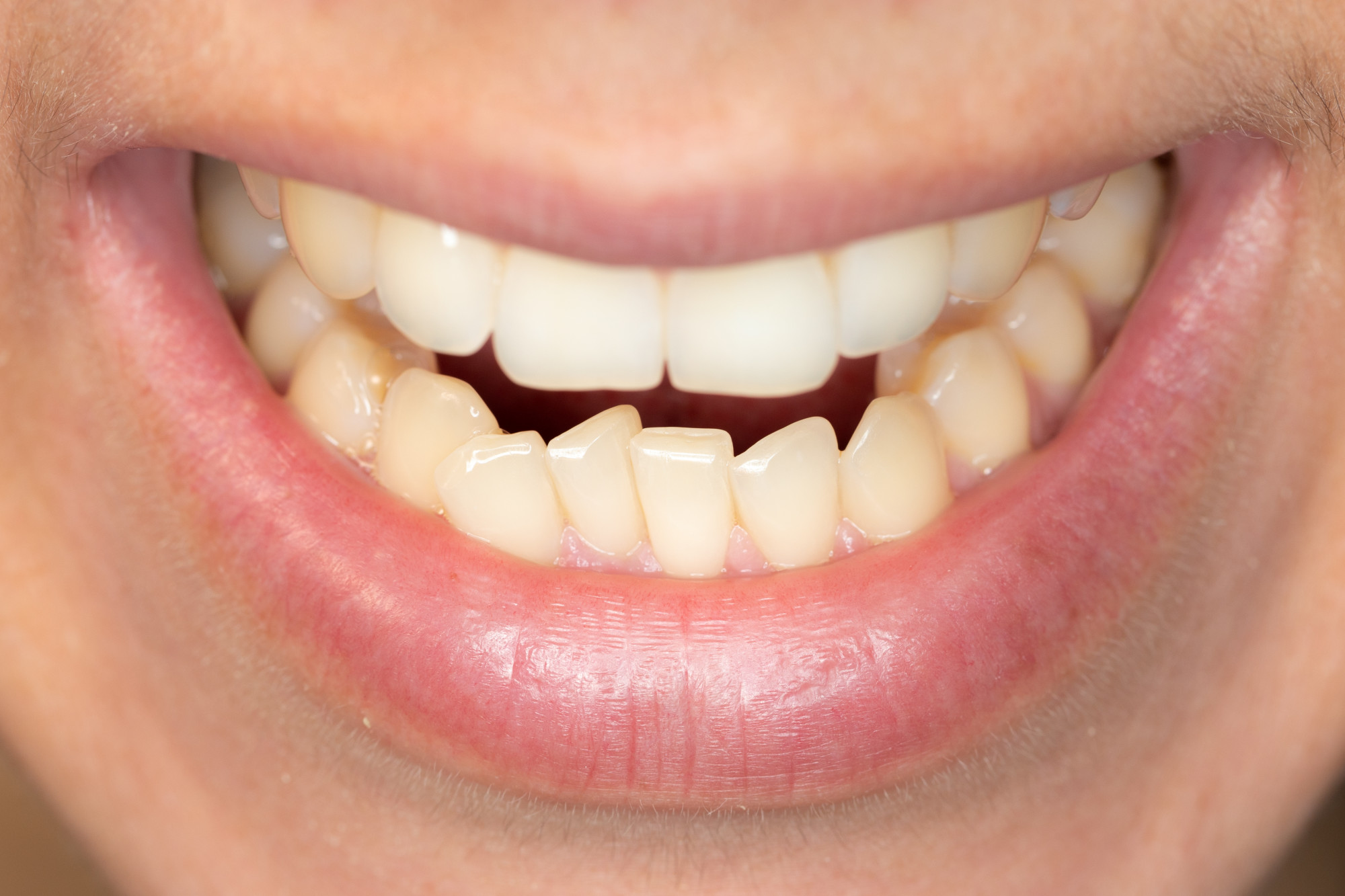 Your jaw keeps your mouth, teeth, and facial muscles aligned. When it becomes misaligned, it can have a variety of consequences. It can affect your physical and social well-being.
Your jaw keeps your mouth, teeth, and facial muscles aligned. When it becomes misaligned, it can have a variety of consequences. It can affect your physical and social well-being.
A misaligned jaw is a condition that causes pain and discomfort. It can lead to difficulty chewing, speaking, and wearing dental appliances. It can also affect your mental health, causing stress and strain.
This article will help you explore the causes and treatment options for this painful condition. Understand all your options when treating it, and create a path to relearning how to eat and your general well-being.
Causes of Misaligned Jaw
Several causes can contribute to jaw misalignment, including genetics, facial injuries, and certain medical conditions. In some cases, the upper and lower jaw may not fit together due to the way they are formed. This can also be due to the jaw being too large or small, or the teeth not lining up correctly.
If your parents have misaligned jaws, then you are more likely to have them as well. Other causes can be trauma or injury to the jaw, or conditions such as Temporomandibular Joints disorders or Bruxism.
Three Possible Treatments You Must Know!
1. Usage of Dental Appliances
In minor cases, braces or retainers may be used to realign the jaws over time. Aside from bringing back the normal alignment of your jaw, this process can help you improve the appearance of your smile.
2. Surgery
In more severe cases, an operation may be necessary for this uneven jaw. This can be done through many different surgical procedures, depending on the specifics of the misalignment.
3. Look for Qualified Professional
Treatment is typically overseen by an orthodontist or oral surgeon. These professionals may introduce to you the different types of orthodontic treatments that can help to improve not only your jaw but also your appearance.
When to See a Doctor for a Misaligned Jaw?
If you have pain in your jaw, face, or ear, difficulty chewing, or a popping sound when you open your mouth, you should see a doctor. Also, if you have trouble moving your jaw or have a bite that is not aligned, you should seek medical attention.
A misaligned jaw can cause several problems, so it is important to get it checked out as soon as possible. Your doctor will ask about your medical history and perform a physical examination. They may also order X-rays or an MRI to get a better look at your jaw.
Put an End to Jaw Misalignment
In conclusion, if you are experiencing lockjaw, difficulty chewing, or pain in your jaw, you may have a misaligned jaw. Luckily, there are treatment options available to help. Visit your dentist or orthodontist to discuss your specific case and to find out what treatment plan is best for you.
If you need more advice about health and fitness, browse our site for more articles!
Leave a Reply